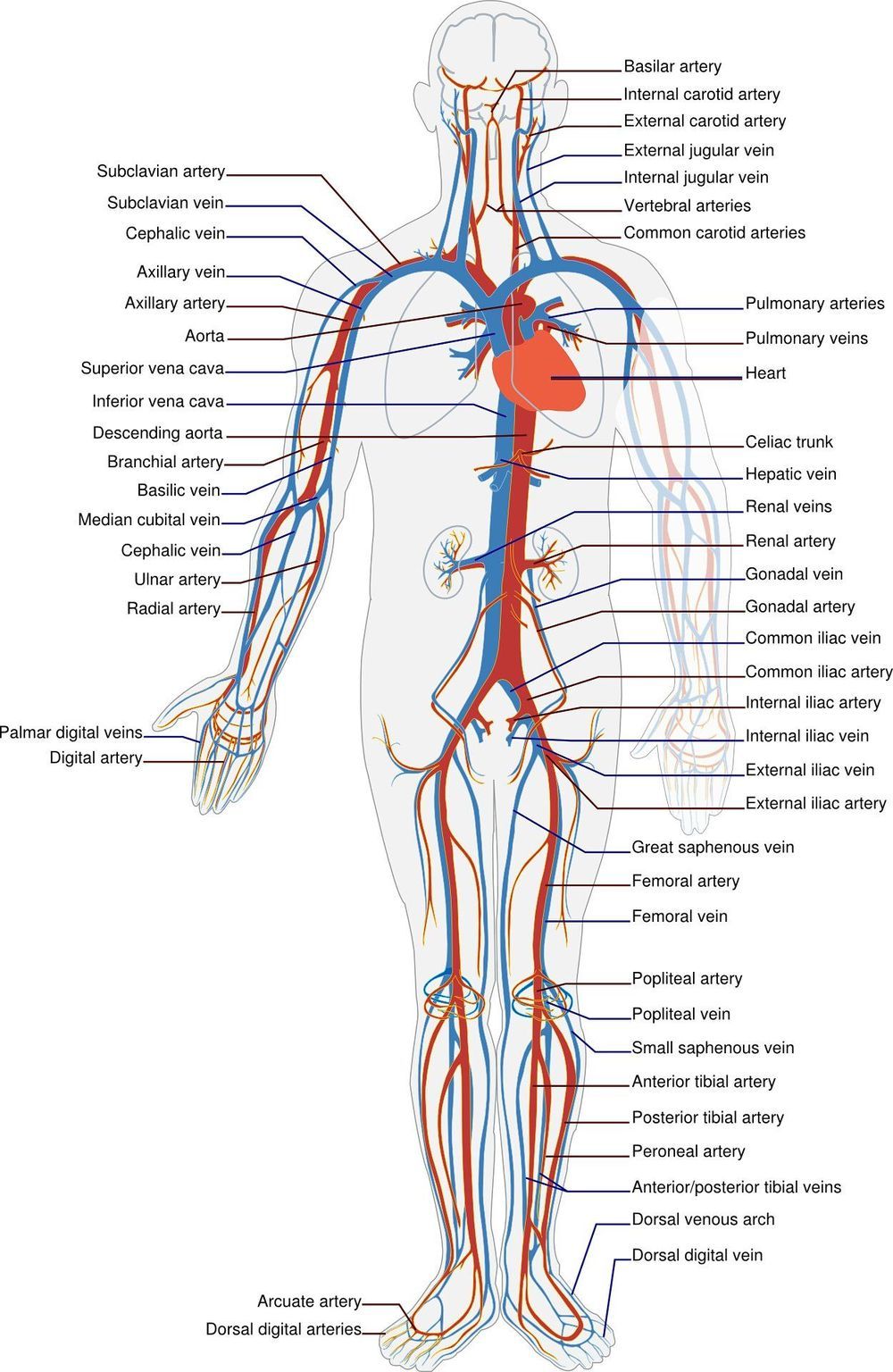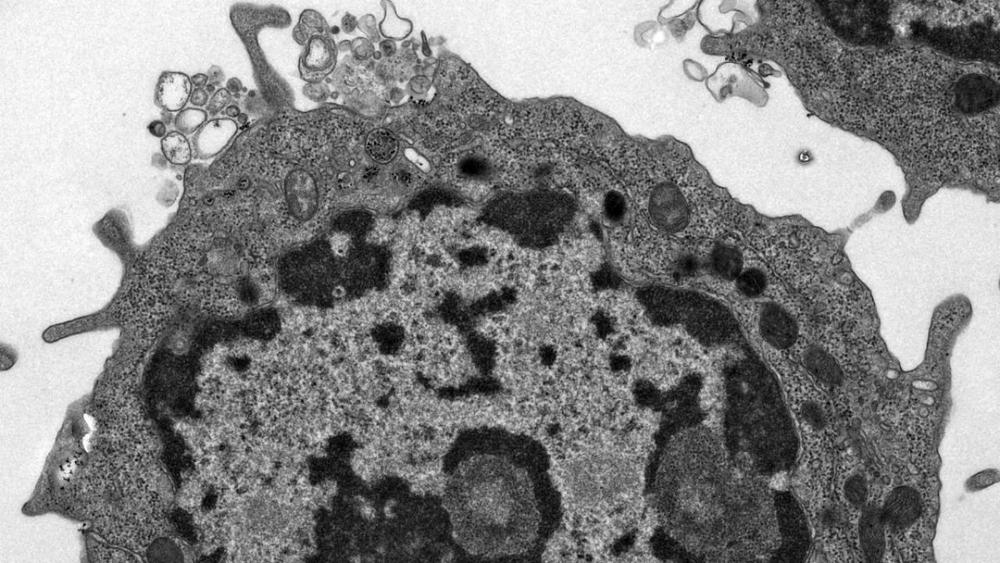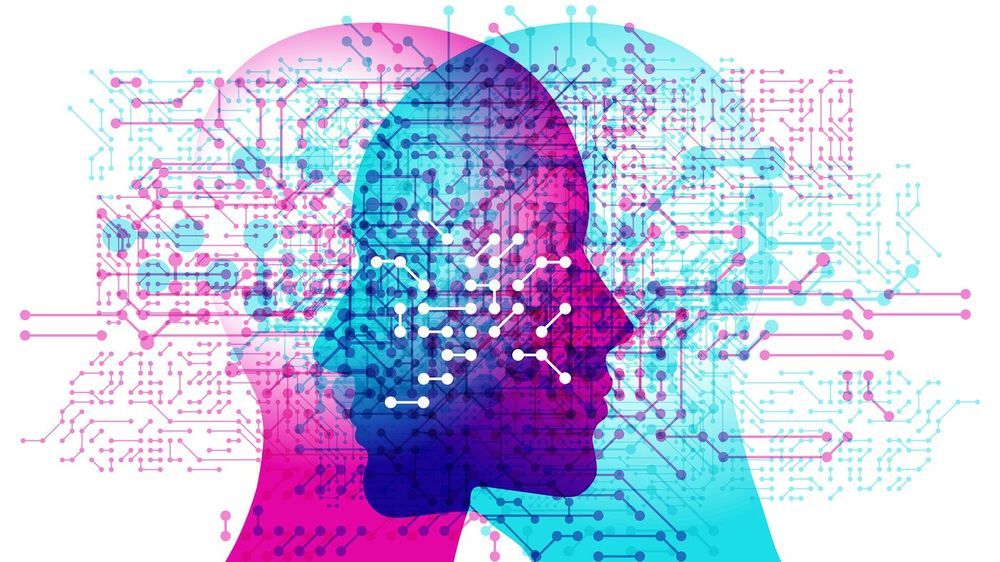Devices tucked inside your ears will make technology more personal than ever before.



Researchers may be closer to improving the lives of people with coronary artery disease and children born with pediatric congenital cardiovascular defects through the development of a new vascular graft created by Johns Hopkins engineers that takes less than one week to make and has regenerative properties.
Coronary artery disease, or CAD, is the leading cause of death worldwide and people with the disease often require surgery to repair damaged cardiovascular tissue. Bypass surgery, another common intervention, requires removing the damaged tissue and replacing it with blood vessels from another part of the body, such as the saphenous vein, which runs the length of the leg and is the longest vein in the body. This method puts substantial stress on the body and has other risk factors: it requires patients to have multiple surgical sites, and those in need of the surgery because of plaque build-up may also have plaque accumulation in the grafted vein, causing further complications.
Congenital cardiovascular defects, or CCD, occurs in 1% of live births worldwide, and children born with the condition often undergo repeated surgical reconstruction as they grow. But repeated surgeries reduce the amount of usable vascular tissue for reconstruction and synthetic grafts do not grow as the child grows.


Just a few months ago, Augustín Carstens, the general manager for the Bank for International Settlements (BIS), the so-called central bank for central banks, said his organization saw no value in the potential of central-bank-issued digital currencies. Well, he’s apparently had a change of heart, and the entrance of Facebook and other “big techs” into financial services appears to be the reason.
The news: Carstens told the Financial Times that the BIS is supporting the “many” central banks currently developing or researching digital currencies. “And it might be that it is sooner than we think that there is a market and we need to be able to provide central bank digital currencies,” he said.
The context: Many other central bankers have dismissed cryptocurrencies like Bitcoin, which tend to be volatile and whose most popular use has been speculation. But Facebook’s proposed digital currency, Libra, will be backed by fiat money and designed to maintain a stable value.
* Scientists Took an M.R.I. Scan of an Atom * Former NASA Flight Director Gene Kranz Restores Mission Control In Houston * Jeff Hawkins: Thousand Brains Theory of Intelligence
* Google’s robots.txt Parser is Now Open Source * Dear Agile, I’m Tired of Pretending * 4 Ways to Debug your Deep Neural Network
* How 3D printing allows scientists to grow new human hairs * NASA is testing how its new deep-space crew capsule handles a rocket emergency * Fake noise will be added to new electric cars starting today in the EU .
Cancer cells use a bizarre strategy to reproduce in a tumor’s low-energy environment; they mutilate their own mitochondria! Researchers at Cold Spring Harbor Laboratory (CSHL) also know how this occurs, offering a promising new target for pancreatic cancer therapies.
Why would a cancer cell want to destroy its own functioning mitochondria? “It may seem pretty counterintuitive,” admits M.D.-Ph. D. student Brinda Alagesan, a member of Dr. David Tuveson’s lab at CSHL.
According to Alagesan, the easiest way to think about why cancer cells may do this is to think of the mitochondria as a powerplant. “The mitochondria is the powerhouse of the cell,” she recites, recalling the common grade school lesson. And just like a traditional powerplant, the mitochondria create their own pollution.


For most of their lives, our hematopoietic stem cells (HSCs)—which produce all of our blood and immune cells—are quiet and inactive. But they also are the toughest cells in the blood system, able to survive exposure to levels of radiation or viral infections that kill most other blood cells.
A new study from researchers in Columbia’s Stem Cell Initiative has discovered how HSCs cheat death, which could lead to new therapies for blood cancers and other diseases related to aging and improve stem cell transplantation.

